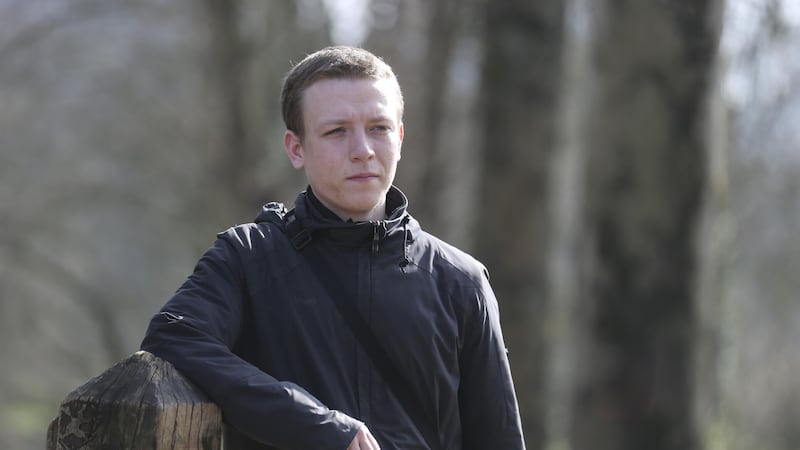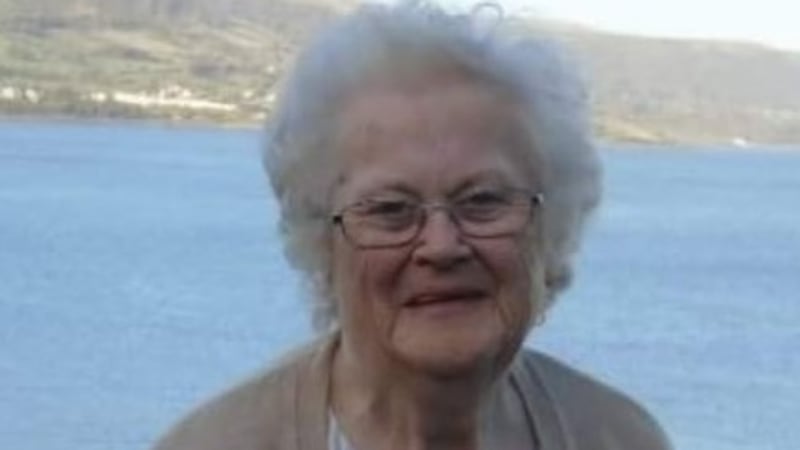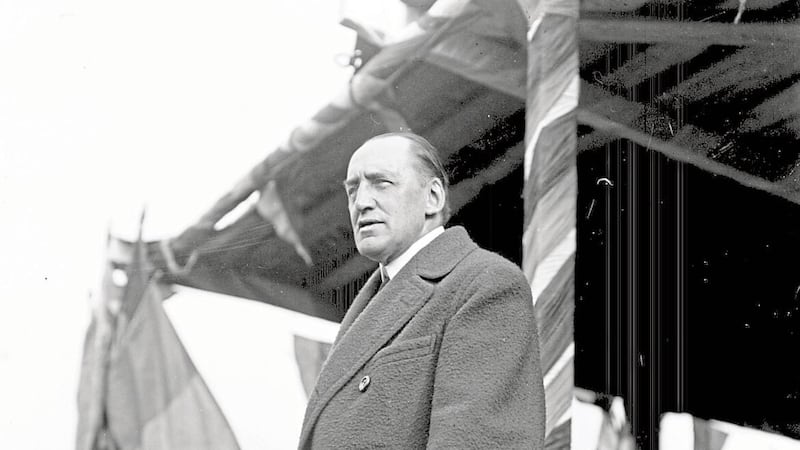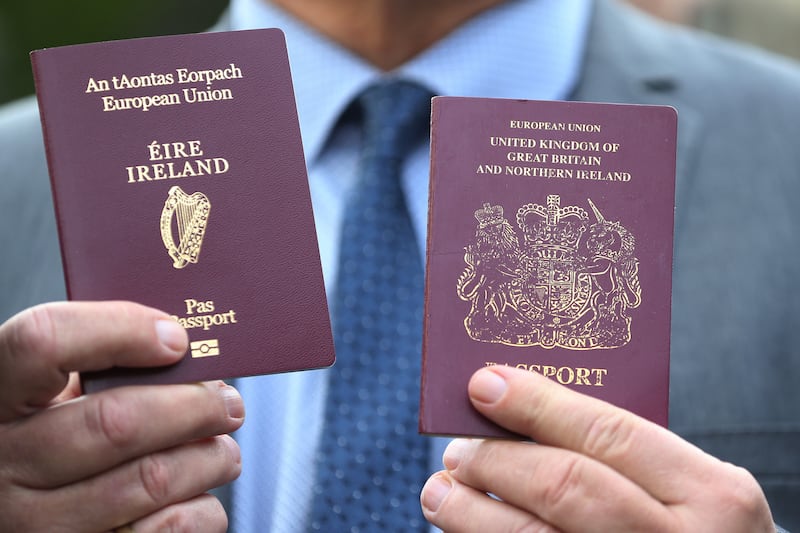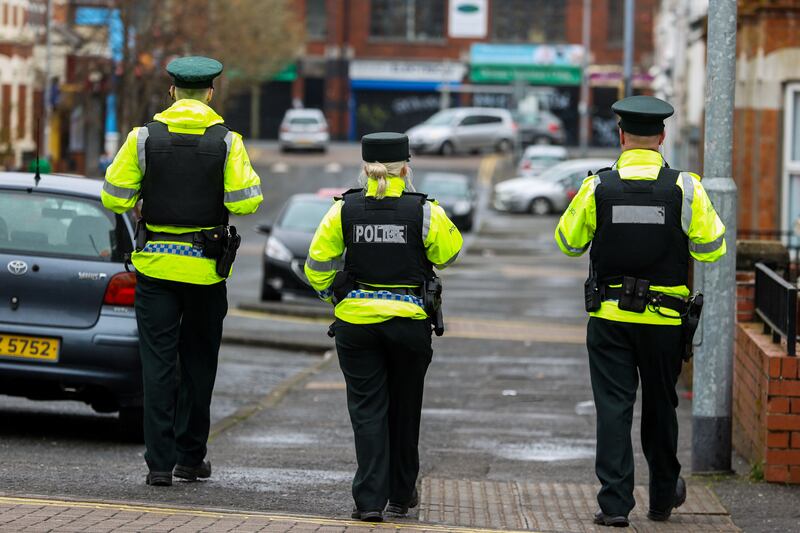A young loyalist has questioned why a group representing paramilitaries has not spoken out about a string of attacks in north Down.
Joel Keys (21), a political activist from east Belfast, previously gave evidence to a Westminster committee in 2021 alongside the Loyalist Communities Council (LCC).
He attracted criticism at the time for saying he could not take violence off the table as a last resort when it came to concerns about the Northern Ireland Protocol.
The LCC represents the views of several loyalist paramilitaries including the UVF, UDA and Red Hand Commando.
Since the attacks started on Saturday, which police are linking to rival drug gangs in the UDA, the LCC has kept silent despite several requests for comment.
Mr Keys said he has not kept in touch with the LCC since his Westminster appearance apart from one phone call with the group’s chairman David Campbell.
“I haven’t heard more than anyone else about (the attacks). I hear there are different motives behind it, it may be that someone has taken money or has made threats against other members but I can’t confirm any of that, it’s just what I’ve heard,” he said.
“It’s damaging to the image of loyalism, but I wouldn’t consider them loyalists, I would consider them to be criminals.
“Obviously a lot of them do claim to be loyalists, so it does paint our community in a negative light.”
He said the vast majority of “normal working-class loyalist people” viewed the fallout as “a disgrace”.
Asked if the LCC should break their silence, he said: “It would be good. It’s hard to make judgements without all the details.
“It’s entirely possible that there’s legitimate reasons the LCC may not want to get involved, for example if the LCC comes out it stokes the tensions and causes things to get worse.
“It could just be that the LCC wants to show restraint there in case it does provoke anything further.
“It’s impossible to know, I think they should be asked why they aren’t stepping in.”
On Tuesday, the terror threat level in Northern Ireland was raised to severe because of increased attacks by dissident republicans, including the February shooting of Detective Chief Inspector John Caldwell in Omagh.
Although the recent loyalist in-fighting did not form part of the security assessment, Mr Keys said that continued paramilitary activity on all sides 25 years after the peace deal showed the need for change.
“That’s one of my criticisms about the Good Friday Agreement. It didn’t end any wars, it just took away the bombs and the bullets,” he said.
“Yes, we may not be shooting and bombing each other anymore, but we’re still at war in our heads. I think things like this demonstrate that and while the Good Friday Agreement undoubtedly saves lives, it certainly wasn’t good enough on its own.
“There should have been much more work done. Maybe it’s time for a Good Friday Agreement 2.0, what’s clear is that mandatory coalition isn’t working and the petition of concern isn’t working.
“I think 25 years after the Good Friday Agreement, if we’re experiencing these problems it shows it was inadequate on its own.”
